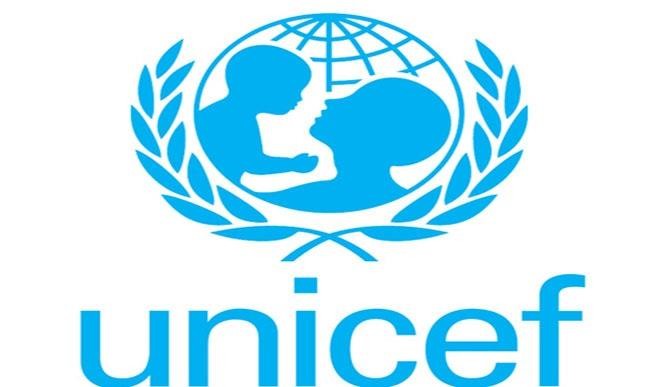UNICEF, NBS conduct nationwide survey on sanitation
The United Nations International Children’s Fund (UNICEF) and the National Bureau of Statistics are set to conduct a nationwide survey on water, sanitation and hygiene (WASH) in Nigeria. This is meant to ensure availability and sustainable management of water and sanitation highlighted in Goal Six of the Sustainable Development Goals (SDGs). Flagging off the WASH-NORM […]


The United Nations International Children’s Fund (UNICEF) and the National Bureau of Statistics are set to conduct a nationwide survey on water, sanitation and hygiene (WASH) in Nigeria.
This is meant to ensure availability and sustainable management of water and sanitation highlighted in Goal Six of the Sustainable Development Goals (SDGs).
Flagging off the WASH-NORM survey in Abuja, Monday, the Statistician General of the Federation, Dr. Yemi Kale, said the outcome of the survey, slated to start April 26, would help the government through the Ministry of Water Resources and UNICEF to make informed decisions on how to improve access to clean water, good sanitation and hygiene.
Kale said available data suggests that 28 per cent of Nigerians indulged in open defecation, a development not good for the country’s image and which necessitates a comprehensive data for Nigeria to tackle water, sanitation and hygiene challenges.
Data compiled by NBS showed that only 69.6 per cent of Nigerians used safely managed drinking water services as at 2015, while 60.3 per cent of Nigerians used safely managed sanitation services, including a hand-washing facility with soap and water.
The NBS compilation also showed that only 48 per cent of Nigerians engaged in regular hand washing while 0.04 per cent of waste water was safely treated in Nigeria by 2016.
The Chief Wash official of the UNICEF, Zaid Turji, said data from the survey would be used by UNICEF for SDGs Goal Six.
Turji said 15 households would be polled in every state of the federation in five modules, including households, water sources, primary healthcare centres and markets.
